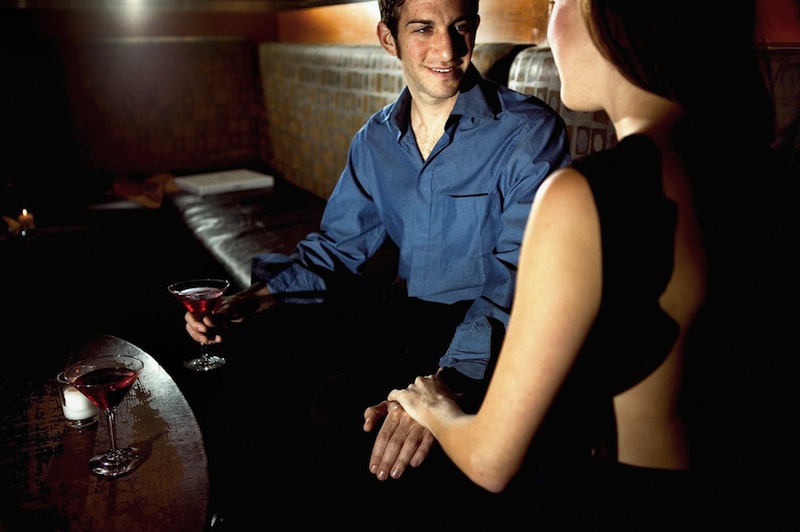College Sex: 'Hookups' Are More Talk Than Action

Despite the belief that casual sex in college is widespread, students are actually more talk than action when it comes to hooking up.
A new study finds that college students overestimate how much other students are hooking up, or having sex outside committed relationships. But chatter about hookups can increase acceptance of the encounters, said study researcher Amanda Holman, a doctoral student at the University of Nebraska-Lincoln. That's troubling, Holman said, because hookups are often spontaneous and involve alcohol, making it less likely that students will protect themselves from sexually transmitted diseases (STDs) and pregnancy.
"The more that [students] talked to their peers about it, the more likely that they're going to be accepting of the risky behavior," Holman told LiveScience. "And the more likely that you're going to engage in it."
Hooking up
Holman and her colleagues queried 274 college students on how they defined the term "hookup" and how often they themselves hooked up. The term can include anything from making out to sexual intercourse, Holman said, but the most common meaning among the students she studied was nonrelationship sex that was spontaneous and alcohol-driven. That definition was used to ask students about their own participation in hookup culture.
Slightly more than half of the students, 54 percent, said they had hooked up with someone else during the school year. Men were more likely than women to say they had a hookup, at 63 percent of men versus 45 percent of women. [10 Facts about the Teen Brain]
But students' perceptions of hookups were out of line with the reality. For example, while about 45 percent of students said they'd never hooked up with anyone, only 3.7 percent believed that the "typical student" had never hooked up. Likewise, only 37 percent of people reported having two or more hookups, but 90 percent of students believed that at least two hookups were "typical" for their peers.
Sign up for the Live Science daily newsletter now
Get the world’s most fascinating discoveries delivered straight to your inbox.
Safe sex
Talking about hooking up, however, was common, with 84 percent of students reporting they'd talked with their friends at school about hookups. People who talked about hooking up were more likely to approve of and take part in hookups, Holman found.
Sex outside of relationships is not new, Holman said, but people are increasingly willing to talk about it over the last few decades. She said she next plans to look at how parents and college staff can talk to students about hookup culture to ensure that safety comes first.
"You're not trying to tell students what to do," Holman said. "But this hooking-up culture is risky, so how can we help educate them so if they're part of the subculture, they can engage in it safely?"
The research was published online Aug. 18 in the journal Health Communication.
You can follow LiveScience senior writer Stephanie Pappas on Twitter @sipappas. Follow LiveScience for the latest in science news and discoveries on Twitter @livescience and on Facebook.

Stephanie Pappas is a contributing writer for Live Science, covering topics ranging from geoscience to archaeology to the human brain and behavior. She was previously a senior writer for Live Science but is now a freelancer based in Denver, Colorado, and regularly contributes to Scientific American and The Monitor, the monthly magazine of the American Psychological Association. Stephanie received a bachelor's degree in psychology from the University of South Carolina and a graduate certificate in science communication from the University of California, Santa Cruz.









